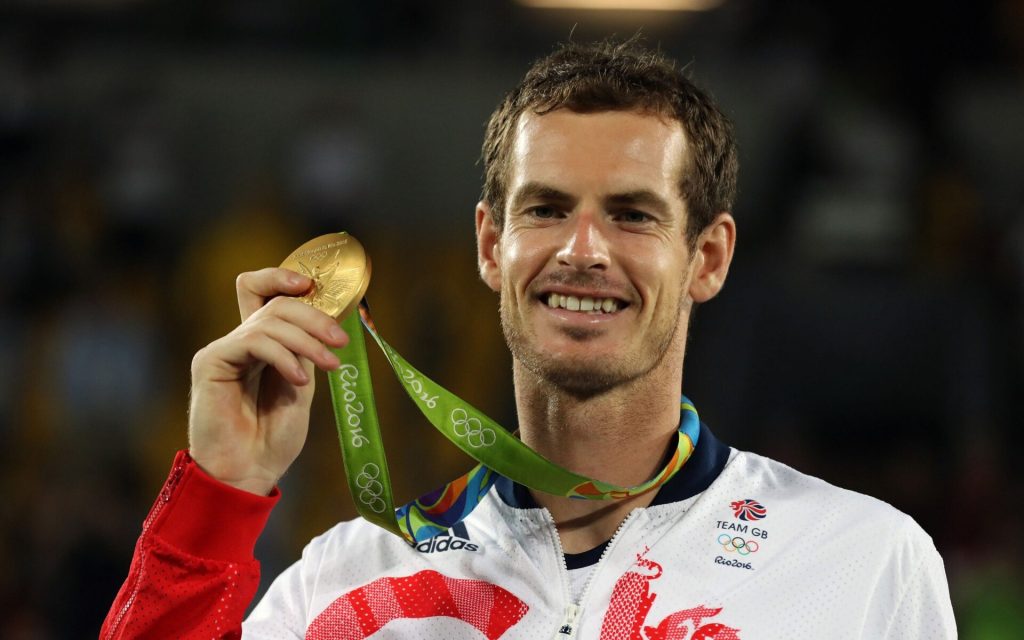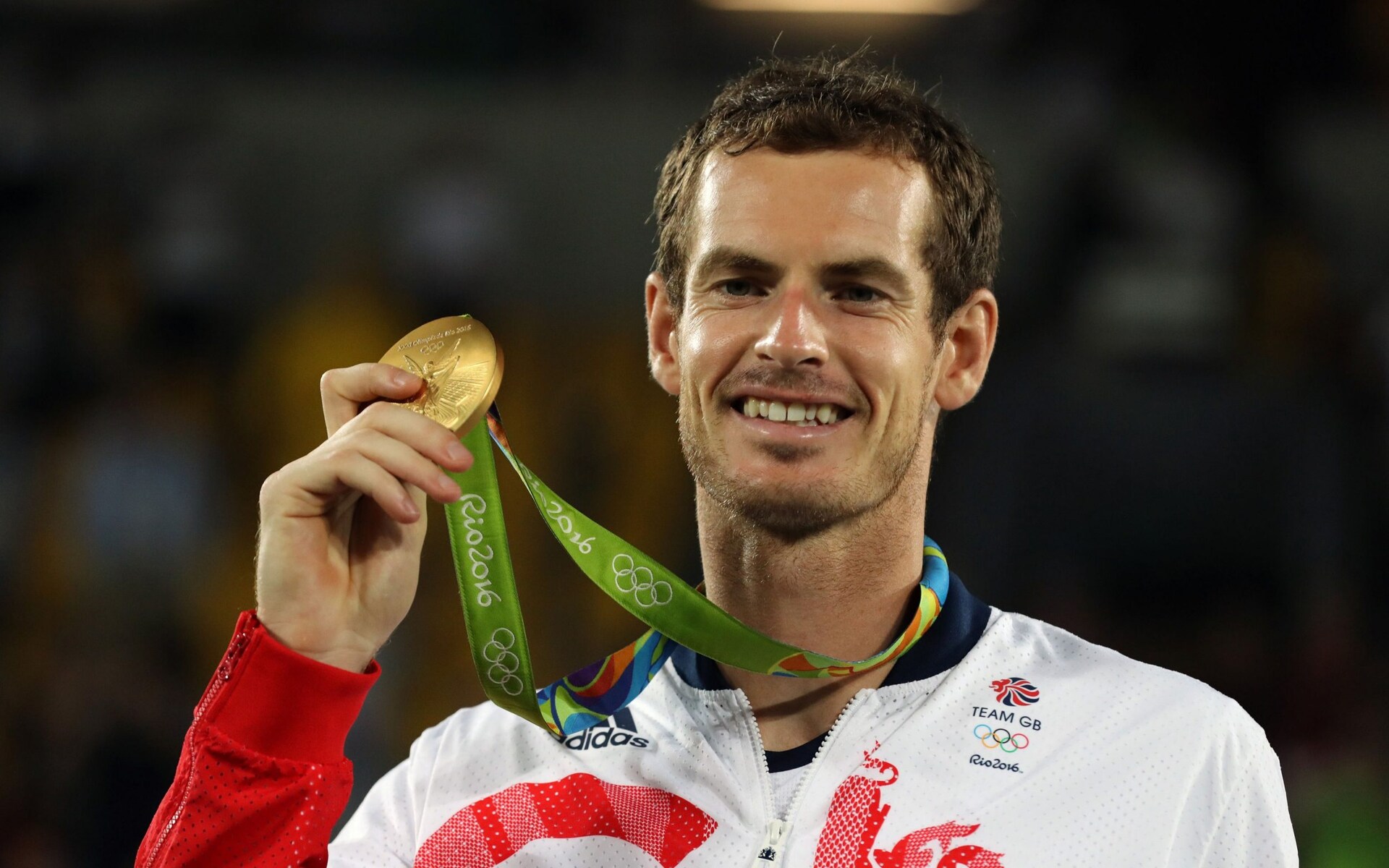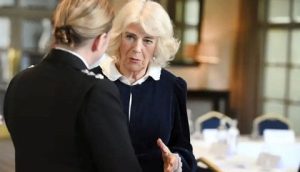
Plus: Why a US Open farewell would be a fitting curtain call for the three-time major champion
Andy Murray has said 2024 is likely to be his final year on tour unless he can deliver a substantial improvement on last season’s performances.
Preparing to open the new campaign in Brisbane – where he has drawn old foe Grigor Dimitrov in the first round – Murray said his patchy form over the second half of 2023 had not supplied enough satisfaction to justify all the effort he puts in.
“If I was in a situation like I was at the end of last year, then I probably wouldn’t go again,” he told BBC Sport. “But then if physically I’m doing well and my results are good and I’m playing well, then that’s enjoyable and I could see myself still playing.
“We’ll see how the year goes, see how the body holds up. If things are going well, I’d love to keep going. But if they’re not, and I’m not enjoying it, it could be the last year, yes.”
At 36, Murray is trying to recapture some of the gilded moments that he enjoyed in his prime, but an ageing body and a metal hip do not make the job any easier. He admitted that his off-season had been disrupted by both illness and minor injury.
He tweaked his shoulder in November, which meant that he was unable to serve at full power for several weeks, and then picked up a virus on the way to warm-weather training in Dubai. Also, a bruised meniscus in his knee meant that he was restricted in his movement.
“I was able to still practise and do lots of training,” said Murray, who has fitted in a session with Rafael Nadal since arriving in Brisbane last week. “But it’s just there was certain stuff I wasn’t able to do – like playing points and full-out sprinting and changes of direction.
Like so many great athletes, Andy Murray has not found it easy to confront his own sporting mortality. Yet his comments in Brisbane suggest he is finally approaching closure.
The same interview will also trigger speculation about where the finish line might be drawn, especially as he has already stated that he has a date in mind.
Time, then, to play one of tennis’s most difficult parlour games: second-guessing Murray’s intentions, which have a habit of changing regularly, for decisiveness is not one of his many virtues.
He will clearly want to enter another Wimbledon, which involves soldiering on for at least another six months. It would then seem illogical – wasteful even – not to continue for the extra fortnight before the start of the Paris Olympics.
This would be a symbolic moment. If Murray’s history with Wimbledon runs deep, so does his Olympic CV. The flagbearer for the British team in Rio, he has already appeared in four different Olympiads, and is the only singles player to defend a gold medal (from 2012 to 2016). In Paris, he will probably team up with Dan Evans in a doubles partnership that could potentially go deep in the draw.

And then, once the Olympics are done (the finals are scheduled for Aug 4), it is almost time for the US Open, which starts three weeks after that. Again, Murray has plenty of previous in New York, where he not only won his maiden major (2012) but also claimed his lone junior major (2004). In his autobiography, he described that junior title as “the moment when I felt I could be one of the best players in the world”.
My money, then, is on Murray emulating Serena Williams’s 2022 US Open farewell tour – even if he is unlikely to receive quite the overwhelming fanfare that she did. Indeed, it’s eminently possible that he might wave farewell at the same tournament as his great friend and role model Rafael Nadal.
All of this theorising may yet be rendered irrelevant by events – whether a delightful surprise such as a major semi-final, which could perhaps persuade Murray to finish on an upbeat note, or one more catastrophic injury. It’s also possible he could look at civilian life, find it unacceptably lacking in adrenaline, and barrel on regardless into 2025.
But the reality is that, unless Murray achieves a step change in his performance levels, he will struggle to progress far beyond his present position on the fringes of the world’s top 50. That was where he began 2023, and where he finished.
Speaking to BBC Sport in Brisbane, Murray acknowledged the second half of last season – a period in which he won seven of his 14 matches – had been a struggle, and admitted that he wouldn’t be able to put himself through much more of the same thankless striving.
Yet his road is unlikely to grow easier. The tour’s levels of power and athleticism climb with each successive season, while a man with a metal hip remains an anomaly in professional sport.
As we look back at Murray’s late-period efforts, one suspects that Wimbledon 2023 will go down as the perfect send-off that never quite materialised.
For once, he was on the verge of an open draw, with clay court specialist Laslo Djere lining up as a potential third-round opponent, followed by the little-known Chris Eubanks in the last 16. But Murray lost a nail-biter to Stefanos Tsitsipas on the first Friday, despite having led by two sets to one overnight.
The disappointment of that near-miss – in which he was hindered by some unsympathetic scheduling from the All England Club, as well as one disastrous line call from the officials – haunted Murray for the rest of the season.
Having defied both precedent and medical opinion in his recovery from hip resurfacing, all he really wants is one big moment of validation. Yet such fairy tales tend to elude ageing tennis players (with such rare exceptions as Pete Sampras, who called time after his fifth US Open victory in 2002).
While Murray will be remembered as one of Britain’s finest athletes, his post-surgical career has been a tale of courage rather than high achievement. A swansong in New York, should it come to pass, would be a worthy way of concluding two unforgettable decades on the tour.






